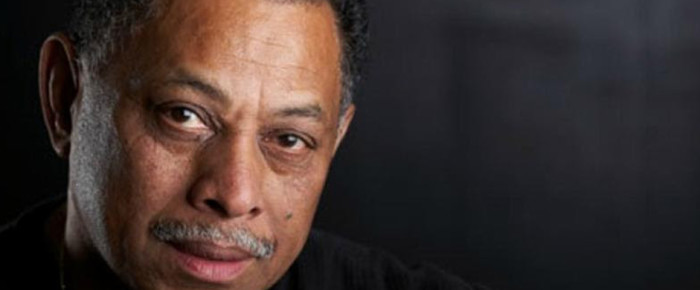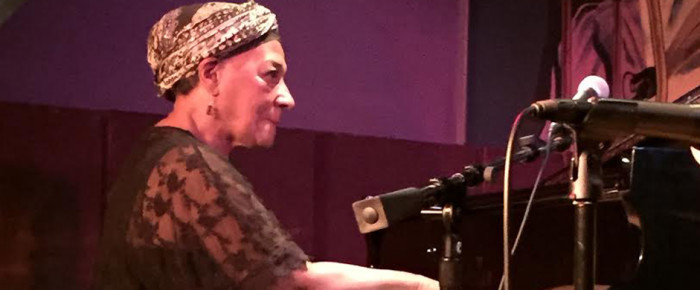Born Bataan Nitollano to an African American mother and Filipino father, Joe Bataan grew up in Manhattan’s East Harlem in the 1950’s and 60’s – otherwise known as “Spanish Harlem,”…
Read moreThe King of Latin Soul, Joe Bataan, on what matters in life


